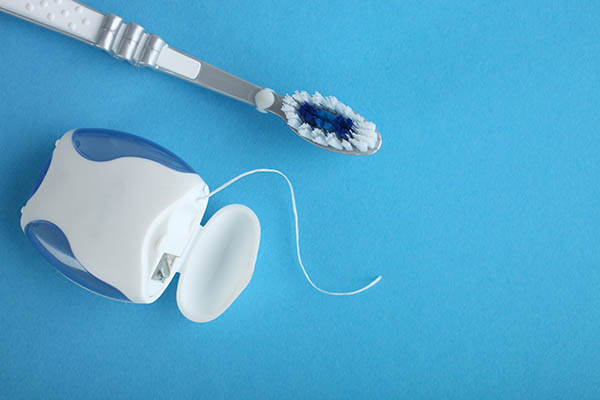
Smile Bright: Essential Dental Health Practices
Maintaining optimal dental health involves a combination of daily practices, professional care, and a mindful approach to overall well-being. In this article, we explore key dental health practices that contribute to a bright and healthy smile.
Daily Oral Care Routine: Foundation for Healthy Teeth
The cornerstone of dental health is a daily oral care routine. Brushing teeth twice a day using fluoride toothpaste helps remove plaque, prevent cavities, and maintain fresh breath. Flossing complements brushing by cleaning between teeth and along the gumline, where a toothbrush may not reach. This simple routine is the foundation for preventing common dental issues.
Proper Brushing Technique: Achieving Effective Cleansing
Proper brushing technique is essential for effective cleansing. Using a soft-bristled toothbrush and gentle, circular motions helps remove plaque and debris without causing damage to the enamel or gums. Paying attention to all surfaces of the teeth, including the back molars and tongue, ensures a thorough clean.
Choosing the Right Dental Products: Quality Matters
Selecting the right dental products is crucial for maintaining oral health. Opt for fluoride toothpaste approved by dental associations. Consider using an antimicrobial or fluoride mouthwash to further enhance oral hygiene. Regularly replace toothbrushes or toothbrush heads every three to four months or sooner if bristles become frayed.
Balanced Diet for Dental Health: Nutrients for Strong Teeth
A balanced diet is not only essential for overall health but also crucial for dental well-being. Foods rich in calcium, phosphorus, and vitamin D contribute to strong teeth and bones. Incorporating crunchy fruits and vegetables can help clean teeth naturally and stimulate saliva production, which aids in neutralizing acids.
Limiting Sugar Intake: Reducing the Risk of Decay
Reducing sugar intake is pivotal in preventing tooth decay. Sugars and carbohydrates can fuel the production of acids by oral bacteria, leading to enamel erosion and cavities. Be mindful of hidden sugars in processed foods and beverages. Opt for water as the primary beverage to stay hydrated without contributing to sugar-related dental issues.
Regular Dental Check-ups: Professional Monitoring and Prevention
Regular dental check-ups are essential for professional monitoring and prevention. Dentists can detect early signs of dental issues, perform professional cleanings to remove stubborn plaque, and offer guidance on optimal oral care practices. Scheduling routine check-ups helps address potential problems before they escalate.
Customized Dental Care Plans: Tailoring to Individual Needs
Dental care is not one-size-fits-all. Dentists create customized care plans tailored to individual needs. Factors such as age, medical history, and specific dental concerns are considered. Personalized plans may include additional preventive measures or treatments to address unique oral health requirements.
Oral Hygiene Education: Empowering Individuals
Educating individuals about oral hygiene empowers them to take an active role in their dental health. Dentists and dental hygienists provide guidance on proper brushing and flossing techniques, the importance of a balanced diet, and lifestyle choices that impact oral health. This education fosters a sense of responsibility for one’s own dental well-being.
Addressing Dental Anxiety: Ensuring Comfortable Visits
Dental anxiety can be a barrier to regular dental visits. Dental professionals are trained to address anxiety by creating a comfortable and supportive environment. Open communication about fears or concerns allows for a collaborative approach to ensure that individuals feel at ease during dental appointments.
Embracing Overall Well-Being: A Holistic Approach
Dental health is interconnected with overall well-being. Adopting a holistic approach that considers lifestyle factors, stress management, and habits like avoiding tobacco contributes to comprehensive oral health. Practices that support general well-being, such as staying hydrated and getting adequate sleep, positively impact dental health.
Explore more about Dental Health Practices at cloudfeed.net
For additional insights into maintaining optimal dental health and adopting effective dental practices, visit cloudfeed.net. This platform offers resources, articles, and valuable information to support individuals in their journey toward a bright and healthy smile.
